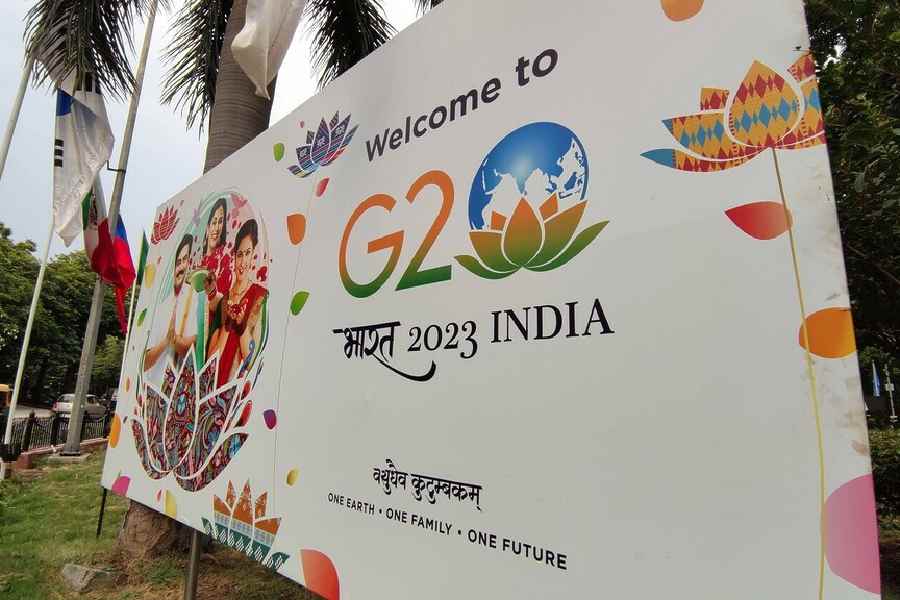The G20 Summit in New Delhi saw member countries commit to working on tripling renewable energy capacities by 2030. This measure, if implemented, could cut down seven billion tonnes of carbon dioxide emissions by 2030. But this will still be less than a third of what is required in terms of cuts. Arranging funds for the agreement to be implemented would also be a major challenge — investments of about $5.3 trillion would be required per year till 2050 to enable the energy transition that will limit the global rise in temperatures to within 1.5° Celsius from pre-industrial times. Tripling renewable energy capacities was also among the easiest targets available to the G20 on the climate front. Renewable energy is already being deployed at a rapid pace across the world, with annual capacity additions growing by around 10% each year. This is also a cause that both developing and developed nations can agree on easily — India and China together account for more than 50% of global capacity additions in renewable energy in the last five years. There is a line of thought that argues that the focus on renewable energy allowed countries to skirt around the more contentious issues such as greater emission cuts — the G20 countries together account for 80% of global greenhouse gas emissions — the phasing out of fossil fuels, and massive mobilisations of financial resources. It must be noted that the Summit said nothing about an equitable distribution of responsibility between the developed and the developing worlds — a bone of contention at all global discussions on climate change.
The global inertia on climate change was revealed by a United Nations report published during G20 Summit. The Global Stocktake, a report card on countries that are a part of the Paris pact, shows that while some progress has been made on meeting climate goals, adaptation efforts remain fragmented and unequal with increasing evidence of maladaptation in developed countries, which are yet to fulfil the $100 billion climate finance goal. The report also highlighted another important hurdle: developing countries have limited space to invest in climate action because of debt taking up a large portion of national budgets. Since rigid positions on footing the bill often come in the way of evolving plans for concerted climate action, the evolution of multilateral development banks with equitable contributions from across the world could be a way forward. But the G20 offered little by way of such resolutions.










